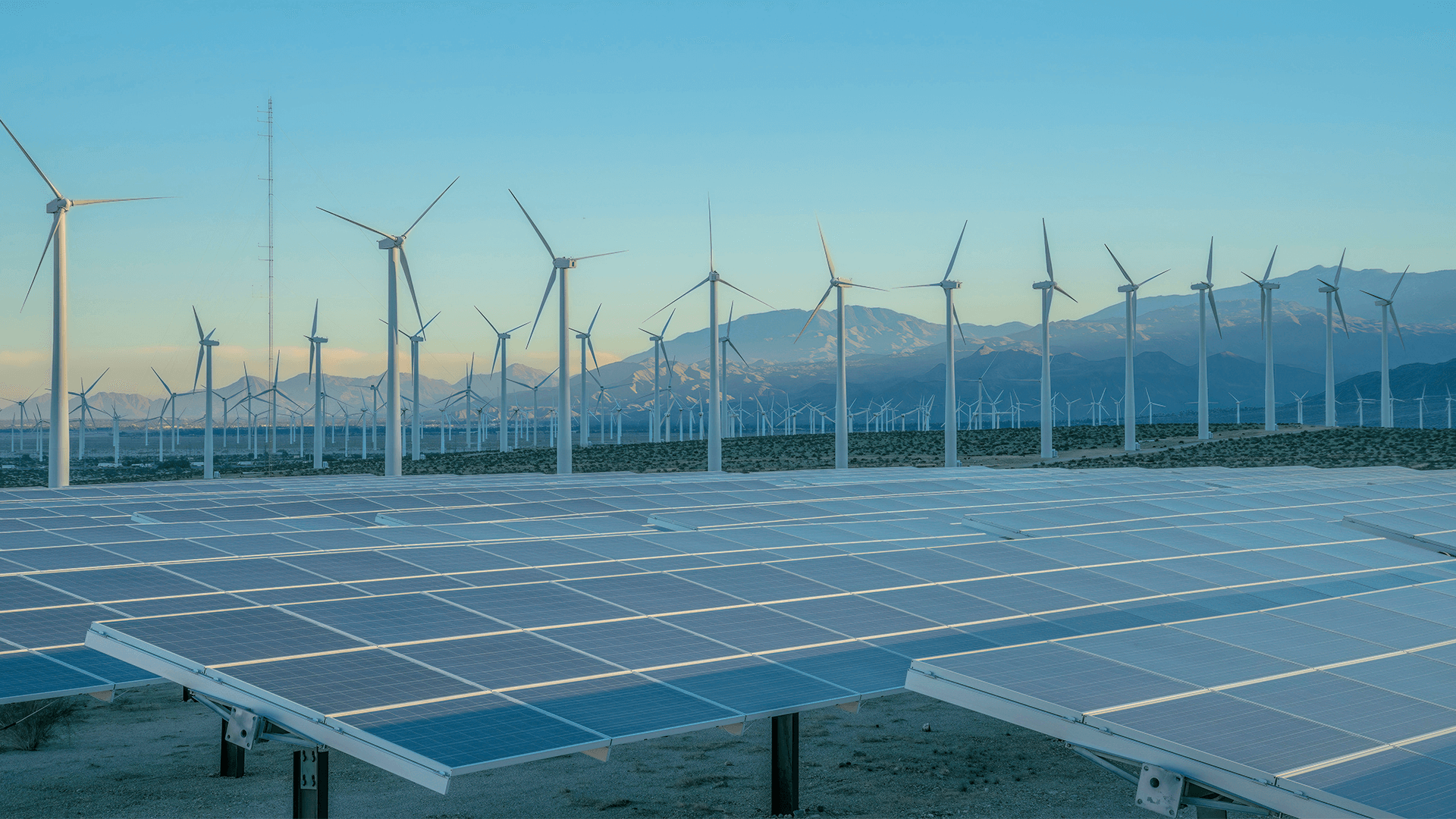
Released today, a new report shines a light on regional clean energy innovation as a critical opportunity for state-level policymakers and other key stakeholders to expand regional economic opportunities, spark local innovative clean energy technology, and increase the impact of federal activity on climate and energy. The analysis measures levels of success across the US and also conducts a deep dive into Colorado and Maryland to identify best practices to accelerate climate mitigating technologies.
"When you look at different parts of our country, energy conditions are very, very different, so the transformation to lower carbon sources will happen in different ways in different parts of the country," said Ernest J. Moniz, founder and CEO of the Energy Futures Initiative, a prime sponsor of the regional innovation report. "It’s clear that what works for California might not work in Minnesota or New England, or Colorado or Maryland. We need to forge solutions that are tailored to regional assets and to regional innovation capabilities and this report is an important contribution to that policy discussion."
"The most important thing for people to take away from this analysis is that regional actors from states to counties to even cities can play major roles in sparking technology innovation, policy, and investment into clean energy,” says lead report author Kavita Surana, Assistant Research Professor at the Center for Global Sustainability. “These policymakers have many incentives to support clean energy innovation, including the economic development opportunities associated with more in-state companies in addition to reducing carbon emissions."
"For states like Maryland where policymakers are continuing to develop more ambitious policy, such as the 2019 Clean Energy Jobs Act, there lies an opportunity to lead by example for the US and worldwide. For instance, in December 2019, we released a report mandated by the State of Maryland on the state’s clean energy innovation potential” remarks co-author and Distinguished University Professor Ellen Williams. “This analysis takes the idea of regional clean energy innovation to a larger scale and further emphasizes the need for comprehensive policy engagement across all stages of development."
This first-of-its-kind report titled, "Regional Clean Energy Innovation," uses a data-driven approach to assess what regional economic drivers, environmental factors, and technological capacities allow for affective decision-making at the state level. The Colorado and Maryland case studies show two states with similar overall innovation capability but very different clean energy innovation outcomes. Specifically, the comparison highlights the difference in motivation between each state, including all its stakeholders—universities, companies, federal research facilities, utilities, nonprofits, and more—and the need to balance and coordinate these economic and environmental motivations to support sustainable clean energy development.
“Colorado has over 300 more cleantech firms than Maryland according to our analysis. This difference is striking and could be due to a number of factors,” elaborates Surana. “One key trend states should follow is to consider investing across research, development, and demonstration (RD&D) and deployment rather than any one of these alone. States can target these investments in technologies where the state has existing resources or research strengths, for example in wind, solar, or energy storage, or even more broadly in low carbon agriculture.”
While the federal government has historically supported the majority of clean energy innovation, states are untapped resources. This report’s findings can inform both federal and state-level decision-making by strategically aligning regional resources, economic development goals, and environmental priorities. For example, small but strategic state spending is highly valuable for cleantech as well as for state-supported incubators. It complements federal action on clean energy innovation while safeguarding emerging technologies and companies against mid-process failures and enabling market success.
The report will be launched at a public event, The Future of Regional Energy Innovation: A Conversation with Secretary Ernest Moniz. He will sit down with Dean Robert Orr of the School of Public Policy to discuss regional clean energy innovation in the US, how Maryland ranks among the states, and what that means for our clean energy future. Prior to their discussion, Ellen Williams will give a brief overview of the report’s findings and put them in the Maryland context.
For more information, please read the full policy brief and the full report.



